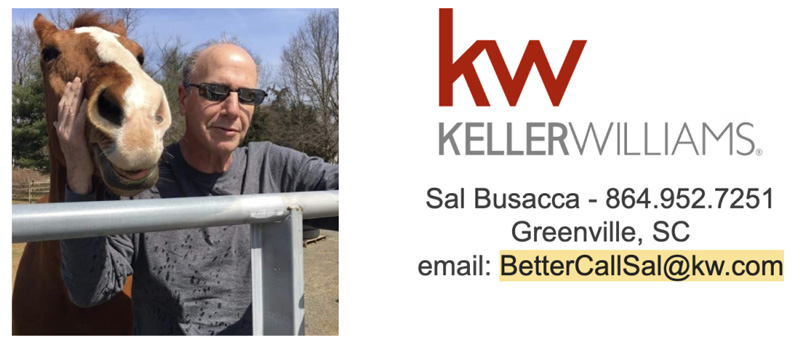Kids Love Bubbles

All we ever hear about nowadays is inflation. Inflation is responsible for this, that and the other, but for many folks it’s hard to understand what causes inflation and why it affects us the way it does.
You might remember in my last blog I promised to tell you the dirty little secret about why our Gov’t not only won’t be able to control inflation, but actually wants inflation! That story is coming soon, but I wanted to offer a way to think about inflation in terms that anyone can understand.
Imagine that there was no such thing as bank accounts, credit cards or loans and all you could spend was what was in your pocket. Now assume every Monday your pocket magically had $500 in it for all of your needs. Of course, you would buy the essentials first and then with any money left over you might buy things that you consider more of a luxury. With every consumer having the same amount of money in their pocket, prices of essentials would be limited, and luxury items would be higher, but not crazy high because the makers still want to sell them, right?
Note: Luxury items don’t have to be a boat, or jewelry, but might be prime meat cuts, electronics, cable tv subscriptions, etc.
Now assume something strange happens, and all of a sudden, every Monday, people found $1000 in their pockets instead of $500.
Let’s also assume that the amount of available goods for sale do not change, but now there’s more money in consumers hands with which to buy the same amount of stuff.
What do you think would happen to the prices of both essentials and luxury items?
Prices would go down
Prices would stay the same
Prices would go up
You better have picked number 3!!!!!
Now let’s conceptualize what has happened to people’s pockets since 1990 when the US money supply was 3 Trillion dollars. Let’s make believe that equaled $500 in every person’s pocket.
Between 1990 and 2020 the money supply rose to 17 Trillion and then there was Covid and all that spending added 4 Trillion more to a whopping 21 Trillion. That’s like having $3500 in your pocket every Monday, instead of $500, to essentially buy the same amount of goods.
This is what causes inflation folks. Simply put, more money chasing the same amount of stuff (or less, when you add in Covid-induced shortages of goods!)
Home prices, the stock market, commodities, and crypto, all get pushed higher by the extra money sloshing around. This creates asset bubbles, like tech stocks in 2000 and Housing in 2008-2012…. what do bubbles do folks, and what’s next?
Anyway, I hope this helps to understand why house prices remain high along with everything else. We all understand that things can not go up forever, can they?
Next week, the dirty little secret, I promise.
Have a great weekend and week ahead.
Featured Home Listing

$299,000
104 Brandon Court, Simpsonville, SC 29681
3 BR’s 2 Baths 1650 SF
Listing Courtesy Of: Sal Busacca, Keller Williams Greenville Central
Property Description
Finally, your chance to own a home on a quiet cul-de-sac in the established and serene subdivision of Powderhorn. This well built and well cared for ranch home offers 1600+ sf of living space. The house boasts 3 BR’s and 2 Full Baths, along with a spacious eat-in kitchen. The kitchen has been tastefully updated with modern appliances and countertops and also
Local Business of the Week

Your Business Here!
Do you know a great local business that could use some recognition?
Here’s your opportunity to recommend your favorite
Let’s keep our communities strong by supporting our neighbors and be less reliant on our Corporate masters!!
EMail your recommendation to bettercallsal@kw.com
